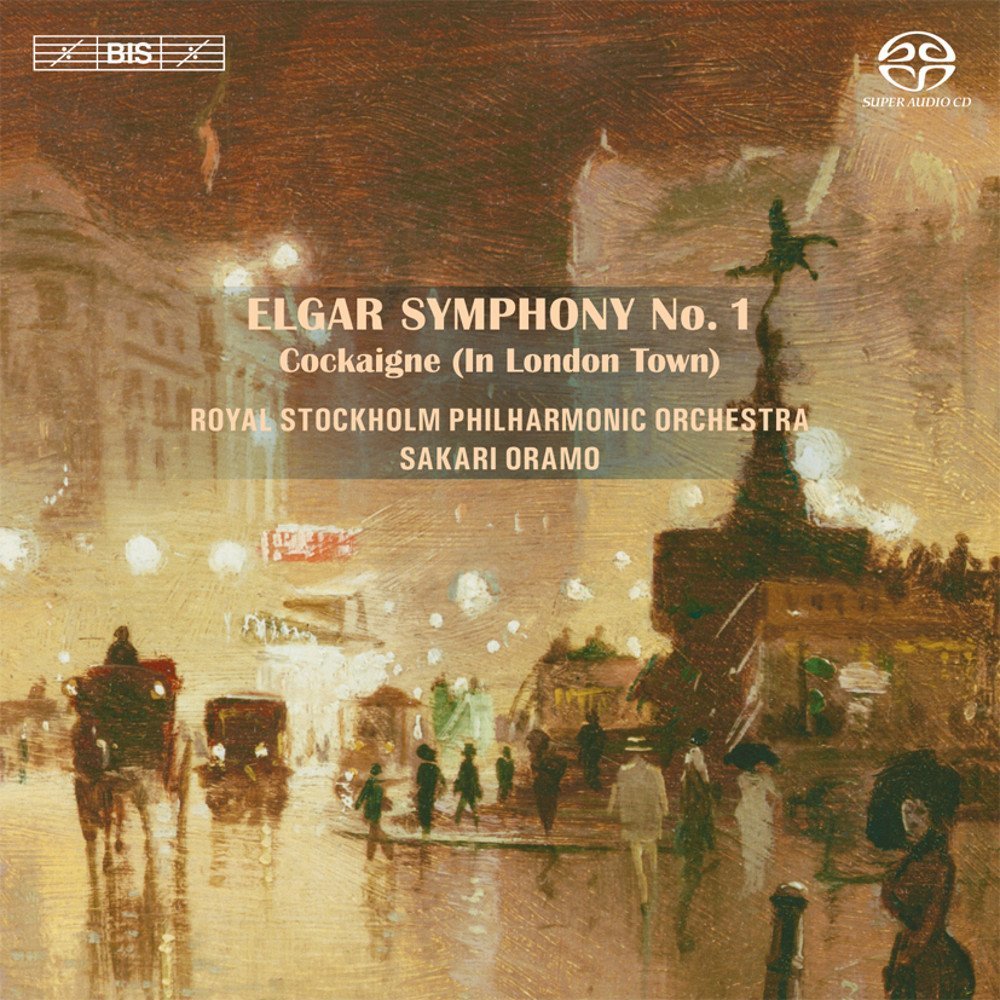Hector Berlioz knew from early on in life which aspects of death he would want to avoid. He had seen quite enough of the medical textbooks that his father had tried to foist upon him. He had even got as far as smelling the dissecting table as a medical student in Paris, desperately counting the days before he could make his escape into music.

Comparisons, even on paper, between two season openers from London orchestras could hardly have been more instructive. I didn’t attend Valery Gergiev’s London Symphony Orchestra concert last week, for reasons several times outlined on theartsdesk. But quite apart from the fact that Gergiev and his court pianist Denis Matsuev are active supporters of Putin's “Might is Right” campaign in the Ukraine – a situation which tens of thousands of Muscovites are beginning to challenge – Matsuev is also the worst of barnstormers.

The problem with programming Charles Ives’s Fourth Symphony - and only the very bold and resourceful and/or the BBC are ever likely to do so - is that it eclipses everything, and I mean everything, in its proximity. And if it was my 90th birthday - as indeed it was on this day for the BBC Singers - I’m not sure I’d want to bask in its aura, especially since the world premiere commissioned for this big birthday - Kevan Volans's The Mountain That Left - had to be postponed due to the indisposition of its soprano soloist, Pumeza Matshikiza.

Having been put to the fiddle at the age of five, Nicola Benedetti appreciates the value of making music at an early age. She is fiercely committed to music education and developing new talent. So it was a joy to see her playing enthusiastically with 30 primary school children as a pre-concert curtain raiser to the start of Manchester Camerata’s new season.
If only the Last Night of the Proms could just be about the music. If it were, then the story which I would want to tell would be about Janine Jansen. A crowd which mainly turns up to wave its vast array of flags, to bounce its beach-balls and generally to step free from the shackles of adulthood, was mesmerised into a concentrated hush by the magnetism of the Dutch violinist. She drew the huge audience right in to her playing. She made the cavernous Royal Albert Hall feel like an intimate space. She tamed the crowd and (almost, briefly) silenced the bronchially challenged.
The silliness of the Last Night is really just a postscript to the penultimate night of the Proms, traditionally given over to a performance of Beethoven’s Ninth Symphony. It was a tradition restored yesterday evening when Alan Gilbert and the Leipzig Gewandhaus Orchestra returned for their second concert of the season. For anyone whose stomach is liable to turn at extrovert jingoism and excess, this was the perfect antidote.


Swathes of this year’s final Late Night Prom were so invertebrate, amateurish even, that I was tempted to go home and throw out my Want One and Want Two CDs. I won’t, of course: Canadian American singer-songwriter Rufus Wainwright has written some fabulous songs, and developed a unique vocal style to deliver them. But if the act of “hammering out a tune” is, as he puts it, "cosmic", as, very often, are the results, last night’s performance was aquatic, and not in a good way.

A Prom billed as “English Music” sounds like a restful sort of affair – probably pastoral, definitely tuneful and potentially restorative after a day in the office. In practice however this concert from Andrew Litton and the BBC Symphony Orchestra was – thankfully – altogether more bracing, pairing Vaughan Williams at his most combative with vintage Birtwistle.

Aaron Copland was an unlikely musical portraitist of the American plains and prairies. Son of Jewish immigrants from Brooklyn and student of modernism with Nadia Boulanger in Paris, he nonetheless created the quintessential American orchestral sound with a series of popular (“vernacular” was his phrase) works in 1930s and 1940s. Last night three of his most popular pieces were paired with two new pieces inspired by jazz, that other great American twentieth-century music.

